February 9 stands as one of history’s most eventful days, witnessing the rise and fall of empires, groundbreaking discoveries, and moments that shaped our modern world across centuries of human achievement.

Politics and Government Events on February 9
1950 – McCarthy’s Communist Accusations Launch Second Red Scare

Senator Joseph McCarthy delivered his infamous speech accusing the State Department of harboring Communist sympathizers. His dramatic claims ignited a nationwide paranoia that would define American politics for years.
The senator’s accusations marked the beginning of an era of political witch hunts and blacklists. McCarthy’s tactics would eventually lead to his own downfall, but not before damaging countless careers and lives.
1934 – Balkan Entente Forms Strategic Alliance
Greece, Romania, Yugoslavia, and Turkey united to form the Balkan Entente, creating a powerful regional alliance. The four nations sought to maintain stability in southeastern Europe amid growing tensions.
This diplomatic achievement represented one of the most successful collective security arrangements in the volatile Balkans. The entente would prove crucial in maintaining regional balance before World War II.
1991 – Lithuania Votes for Independence from Soviet Union
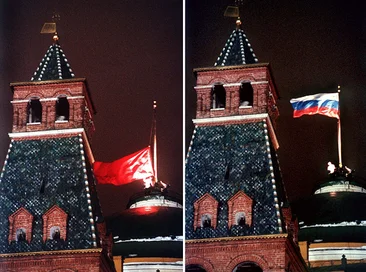
Lithuanian citizens overwhelmingly voted to break away from the crumbling Soviet Empire in a historic referendum. The vote represented a decisive step toward freedom after decades of Soviet occupation.
This courageous act of self-determination inspired other Soviet republics to seek independence. Lithuania’s bold move accelerated the dissolution of the USSR and reshaped the European political landscape.
2021 – Trump’s Second Impeachment Trial Begins
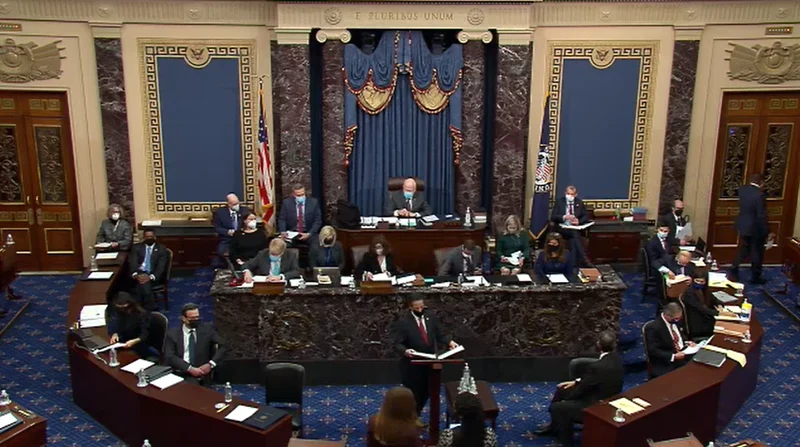
The United States Senate commenced unprecedented proceedings against former President Donald Trump for incitement of insurrection. The trial marked only the second time in American history that a former president faced impeachment charges.
Constitutional scholars debated whether a former president could be tried after leaving office. The proceedings highlighted deep divisions in American politics and tested the resilience of democratic institutions.
Military and Naval History on February 9
1904 – Battle of Port Arthur Concludes in Russo-Japanese War
The siege of Port Arthur ended with Japanese forces securing a decisive victory over Russian defenders. This triumph established Japan as a major military power and shocked the Western world.
The battle’s outcome shifted the balance of power in East Asia permanently. Russia’s defeat marked the first time an Asian nation had defeated a European power in modern warfare.
1943 – Allied Forces Secure Guadalcanal
Allied commanders declared Guadalcanal secure after Japanese forces completed their evacuation from the strategic island. The victory marked a turning point in the Pacific Theater of World War II.
This hard-fought campaign cost both sides dearly but proved that Japanese forces could be defeated. The Allied success paved the way for the island-hopping campaign that would ultimately lead to Japan’s surrender.
1945 – Submarine Warfare Milestone in North Sea
HMS Venturer achieved a rare submarine-to-submarine kill by sinking the German U-864 off Norway’s coast. This underwater duel represented one of the most challenging forms of naval combat.
The engagement demonstrated the deadly effectiveness of submarine warfare in the war’s final months. Such encounters required exceptional skill and courage from both crews involved.
1951 – Geochang Massacre Begins in Korean War
South Korean Army forces launched a tragic two-day assault against 719 unarmed civilians in Geochang county. The massacre represented one of the war’s most horrific atrocities against innocent people.
This dark chapter revealed the brutal reality of civil conflict within the larger international war. The incident would later become a symbol of the Korean War’s devastating impact on civilian populations.
Science and Discovery Milestones on February 9
1913 – Meteor Procession Amazes Eastern Americas
A spectacular group of meteors streaked across the eastern seaboard, captivating observers from Canada to South America. Astronomers concluded the celestial display originated from a small, temporary natural satellite of Earth.
The phenomenon provided valuable insights into Earth’s gravitational influence on space debris. Scientists used the observations to better understand how celestial bodies interact with our planet’s atmosphere.
1959 – First ICBM Becomes Operational
The Soviet Union’s R-7 Semyorka intercontinental ballistic missile achieved operational status at Plesetsk. This technological milestone fundamentally altered global military strategy and the balance of power.
The weapon’s deployment marked the beginning of the modern nuclear age’s most dangerous phase. Both superpowers would now possess the ability to strike each other’s homelands within minutes.
1996 – Copernicium Discovered in Laboratory
Scientists Sigurd Hofmann and Victor Ninov successfully created copernicium, adding a new element to the periodic table. Their groundbreaking work expanded human understanding of atomic structure and nuclear physics.
The discovery required sophisticated particle accelerators and detection equipment to identify the extremely unstable element. This achievement demonstrated the remarkable precision possible in modern nuclear research.
1986 – Halley’s Comet Returns to Inner Solar System

Halley’s Comet made its closest approach to the Sun during its 76-year orbital cycle. Astronomers worldwide seized this rare opportunity to study the famous celestial visitor using advanced instruments.
Multiple space missions intercepted the comet, providing unprecedented data about its composition and structure. The observations revolutionized scientific understanding of these ancient remnants from the solar system’s formation.
Cultural and Arts Events on February 9
1964 – Beatles Conquer America on Ed Sullivan Show

The Beatles delivered their legendary performance on The Ed Sullivan Show, captivating a record-breaking audience of 73 million viewers. This single appearance launched Beatlemania across the United States and changed popular culture forever.
The band’s electrifying performance marked the beginning of the British Invasion of American music. Their success opened doors for countless other British artists and reshaped the global music industry.
1961 – Beatles Debut at Legendary Cavern Club
The Beatles performed under their new name at Liverpool’s famous Cavern Club for the first time after returning from Hamburg. This intimate venue would become synonymous with the band’s early development and local success.
The underground club provided the perfect setting for the Beatles to hone their craft and build their devoted fanbase. Their Cavern Club performances became legendary among music historians and fans alike.
1989 – Manga Legend Osamu Tezuka Dies
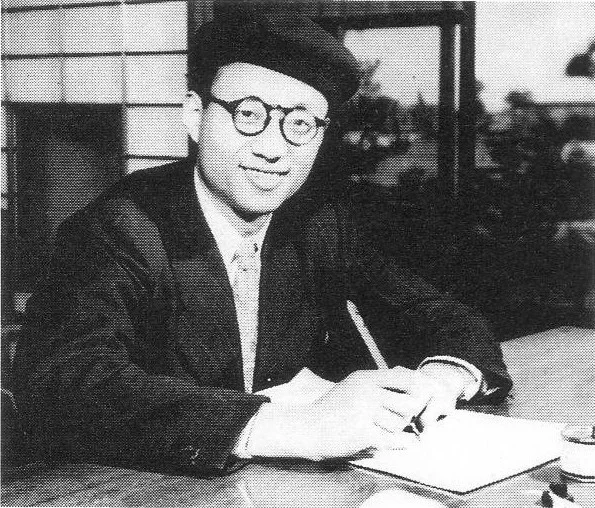
Osamu Tezuka, the pioneering creator of modern manga and anime, passed away at age 60. His revolutionary work, including “Astro Boy” and “Kimba the White Lion,” established the foundations of Japanese animation.
Tezuka’s innovative storytelling techniques and artistic vision influenced generations of creators worldwide. His death marked the end of an era but his legacy continues to inspire artists and entertainers globally.
Religious and Social Events on February 9
1907 – Mud March Launches Women’s Suffrage Movement
The National Union of Women’s Suffrage Societies organized the first major procession demanding voting rights for women. Thousands of determined suffragettes marched through London’s muddy streets despite harsh weather conditions.
The march demonstrated women’s unwavering commitment to achieving political equality. This peaceful protest helped legitimize the suffrage movement and built momentum for future campaigns.
1987 – Palestinian Intifada Erupts
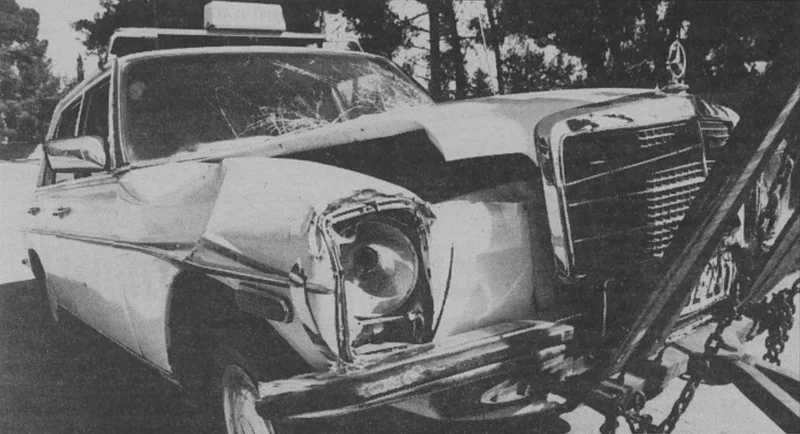
Civil unrest broke out across the Occupied Palestinian territories, marking the beginning of the First Intifada. The uprising represented a turning point in the Israeli-Palestinian conflict and captured international attention.
The protests reflected decades of frustration and anger over occupation policies. The intifada would fundamentally alter Middle Eastern politics and influence peace negotiations for years to come.
1929 – Vietnamese Nationalist Assassination Triggers Crackdown
Members of the Việt Nam Quốc Dân Đảng assassinated French labor recruiter Bazin in a bold act of resistance. The killing prompted harsh retaliatory measures from colonial authorities throughout French Indochina.
This violent act demonstrated the growing strength of Vietnamese nationalism and anti-colonial sentiment. The French crackdown would ultimately fuel further resistance and contribute to the eventual independence movement.
Business and Economic Events on February 9
1932 – Japan’s Banking Crisis Deepens
Prominent banker Junnosuke Inoue died amid Japan’s escalating financial crisis and political instability. His death symbolized the collapse of Japan’s economic establishment during the Great Depression.
The banking sector’s troubles contributed to the rise of militarism and aggressive expansion policies. Economic desperation helped create the conditions that would lead Japan into World War II.
1922 – Brazil Joins International Copyright System
Brazil officially became a member of the Berne Convention, joining the international copyright protection framework. This decision demonstrated the country’s commitment to intellectual property rights and international legal standards.
The move helped protect Brazilian authors and artists while encouraging foreign investment in creative industries. Brazil’s participation strengthened the global copyright system and promoted cultural exchange.
1978 – Revolutionary Railcar Unveiled in Philadelphia

The Budd Company revealed its innovative SPV-2000 self-propelled railcar, promising to revolutionize passenger rail service. The advanced design incorporated cutting-edge technology for improved efficiency and comfort.
The new railcar represented American engineering excellence and innovation in transportation technology. However, the project would eventually face significant technical challenges and commercial difficulties.
Transportation and Infrastructure on February 9
1971 – Devastating Sylmar Earthquake Strikes Los Angeles
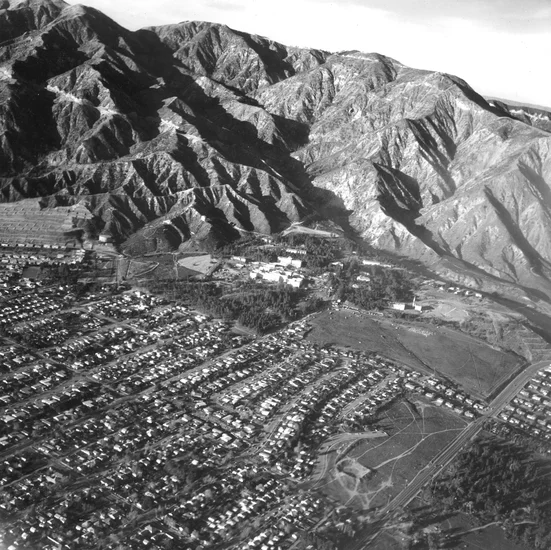
A powerful 6.5-6.7 magnitude earthquake devastated the Greater Los Angeles area, killing 64 people and injuring 2,000 others. The disaster exposed serious vulnerabilities in California’s infrastructure and building codes.
The earthquake prompted comprehensive reviews of seismic safety standards and construction practices. New regulations implemented after the disaster significantly improved building resilience throughout earthquake-prone regions.
2016 – Fatal Train Collision in Bavaria

Two passenger trains collided head-on in Bad Aibling, Germany, killing twelve people and injuring 85 others. The tragic accident highlighted ongoing safety concerns in European rail networks.
Investigators discovered that human error and technical failures contributed to the disaster. The incident led to enhanced safety protocols and improved communication systems across German railways.
2001 – Submarine Collision at Pearl Harbor

The USS Greeneville surfaced directly beneath the Japanese training vessel Ehime Maru, killing nine civilians. The tragic accident strained US-Japan relations and raised questions about military training procedures.
The collision occurred during a demonstration for visiting dignitaries, adding controversy to the tragedy. The incident prompted significant changes in submarine operations and civilian guest policies.
Sports and Recreation on February 9
1971 – Satchel Paige Enters Baseball Hall of Fame
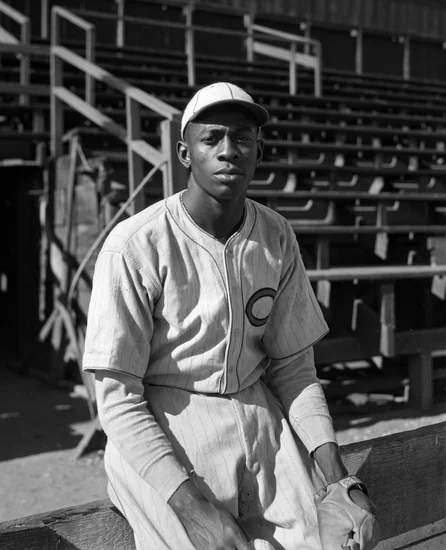
Legendary pitcher Satchel Paige became the first Negro League player voted into the Baseball Hall of Fame. His induction finally recognized the extraordinary talent and achievements of Black baseball players.
Paige’s honor opened the door for other Negro League stars to receive long-overdue recognition. His election represented a significant step toward acknowledging baseball’s complete history and correcting historical injustices.
2018 – Pyeongchang Winter Olympics Begin
The 2018 Winter Olympics opened with a spectacular ceremony in Pyeongchang County, South Korea. The games brought together athletes from around the world in a celebration of international cooperation and athletic excellence.
The Olympics featured groundbreaking moments in inter-Korean relations, including joint teams and delegations. The event demonstrated sport’s unique power to bridge political divides and promote global unity.
1971 – Apollo 14 Returns from Moon Landing
The Apollo 14 spacecraft safely returned to Earth after completing America’s third successful lunar landing mission. Astronauts Alan Shepard and Edgar Mitchell had spent over 33 hours exploring the Moon’s surface.
The mission achieved important scientific objectives and demonstrated continued American leadership in space exploration. Apollo 14’s success maintained momentum for the remaining lunar missions despite growing budget pressures.
Notable Births on February 9
1942 – Carole King Born in New York

American singer-songwriter Carole King entered the world in Brooklyn, destined to become one of popular music’s most influential figures. Her early exposure to music shaped her extraordinary career path.
King would later create timeless classics like “You’ve Got a Friend” and “It’s Too Late.” Her groundbreaking album “Tapestry” established her as a pioneering female artist and songwriter.
1943 – Joe Pesci Born in New Jersey
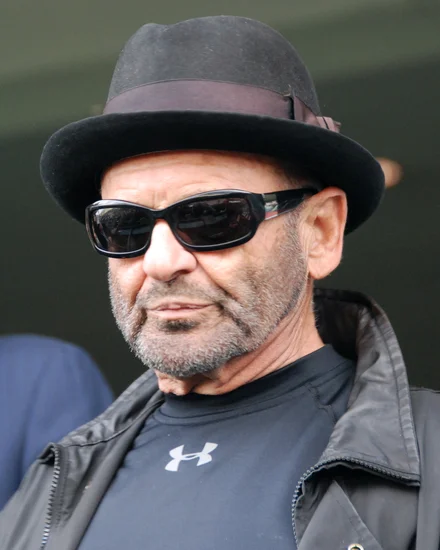
American actor Joe Pesci was born in Newark, beginning a journey that would make him one of cinema’s most memorable character actors. His unique screen presence and distinctive voice captivated audiences worldwide.
Pesci’s collaborations with Martin Scorsese and Robert De Niro produced some of film history’s greatest moments. His performances in “Goodfellas” and “Casino” earned him critical acclaim and lasting fame.
1987 – Michael B. Jordan Born in California

American actor Michael B. Jordan was born in Santa Ana, launching a career that would make him one of Hollywood’s most sought-after leading men. His dedication to his craft became evident from an early age.
Jordan’s breakthrough performances in “Fruitvale Station” and “Black Panther” established him as a powerful dramatic actor. His work continues to inspire audiences and fellow performers alike.
1981 – Tom Hiddleston Born in England

English actor Tom Hiddleston was born in Wimbledon, beginning a journey that would lead him to international stardom. His classical training and natural charisma set him apart from his contemporaries.
Hiddleston’s portrayal of Loki in the Marvel Cinematic Universe made him a global phenomenon. His ability to balance humor and menace created one of cinema’s most beloved villains.
Notable Deaths on February 9
1984 – Yuri Andropov Dies in Moscow
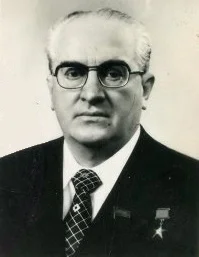
Soviet leader Yuri Andropov passed away after serving only 15 months as General Secretary of the Communist Party. His brief tenure marked a crucial transition period in Soviet history.
Andropov’s death prevented potential reforms and prolonged the Soviet Union’s period of stagnation. His passing paved the way for Mikhail Gorbachev’s eventual rise to power and dramatic changes.
2002 – Princess Margaret Dies in London
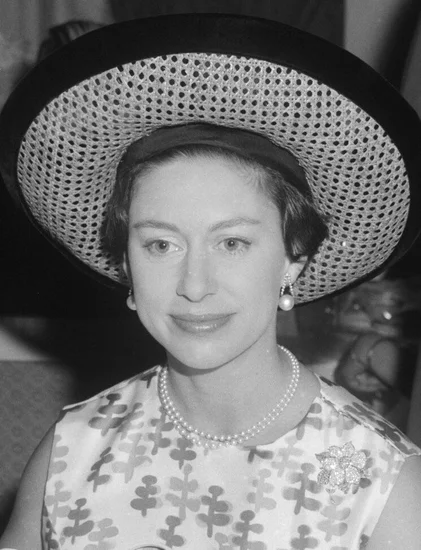
Princess Margaret, Queen Elizabeth II’s younger sister, died at age 71 after a lifetime in the public eye. Her death marked the end of an era for the British Royal Family.
The Princess lived a controversial life that often challenged royal conventions and protocols. Her passing prompted reflection on the changing role of royalty in modern society.
1981 – Bill Haley Dies in Texas
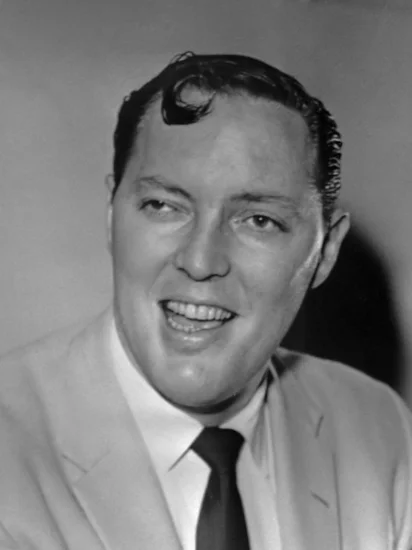
Rock and roll pioneer Bill Haley died at age 55, leaving behind a revolutionary musical legacy. His hit “Rock Around the Clock” helped launch the rock and roll era.
Haley’s energetic performances and innovative sound influenced countless musicians who followed. His death marked the passing of one of rock music’s founding fathers.
2021 – Chick Corea Dies in Florida

Jazz legend Chick Corea passed away at age 79, concluding one of music’s most innovative careers. His groundbreaking work spanned multiple genres and influenced generations of musicians.
Corea’s fusion of jazz, classical, and electronic music created entirely new musical possibilities. His death represented a profound loss for the global music community.
Holidays and Observances on February 9
Saint Maron Day in Maronite Churches
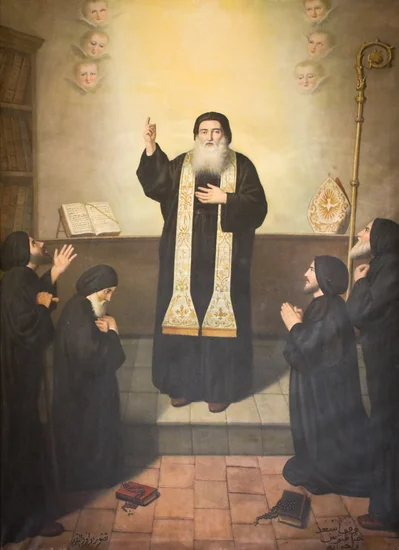
Maronite Christians worldwide celebrate Saint Maron, the patron saint of Lebanon and founder of the Maronite Church. The observance honors his contributions to Eastern Christian theology and monasticism.
Saint Maron’s feast day strengthens cultural and religious identity among Lebanese communities globally. The celebration includes special liturgies and community gatherings that preserve ancient traditions.
Saint Teilo Day in Wales
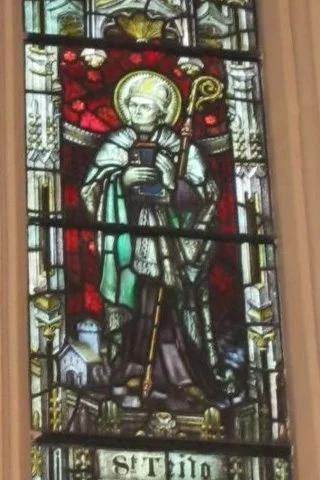
Welsh Christians commemorate Saint Teilo, a 6th-century bishop who played a crucial role in spreading Christianity throughout Wales. His missionary work established numerous churches and monasteries across the region.
The saint’s legacy continues to inspire Welsh religious and cultural identity. Modern celebrations often include pilgrimages to sites associated with his ministry and teachings.
Blessed Anne Catherine Emmerich Feast Day
Catholic communities honor Blessed Anne Catherine Emmerich, a German mystic and stigmatist known for her visions of Christ’s passion. Her spiritual experiences influenced 19th-century Catholic devotion and literature.
Her feast day celebrates the mystical tradition within Catholicism and encourages contemplative prayer. Modern devotees often study her writings and seek her intercession for spiritual growth.
